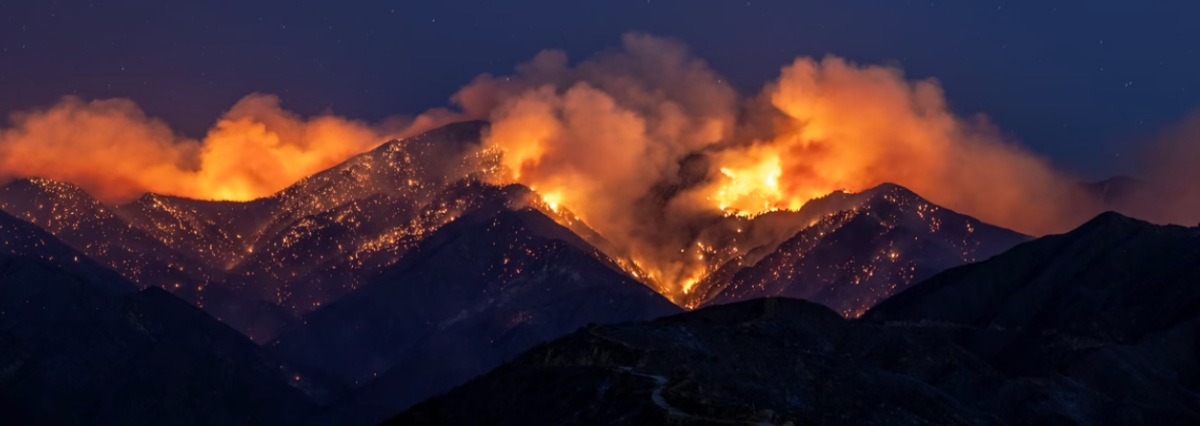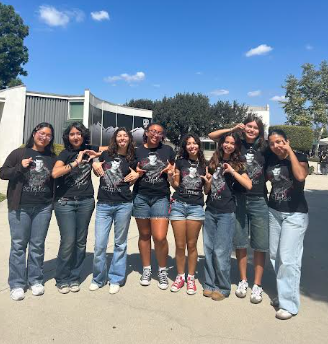Wildfires ravage the west side of the United States every year. Still, the summer of 2024 was especially detrimental, burning millions of acres and forcing thousands of people to relocate.
The extreme severity of the wildfires this summer has reached insanely high levels, prompting experts to emphasize the ever-changing nature of wildfire seasons.
“The air quality index has been off the charts, and it’s affecting not just those near the fires but also people hundreds of miles away,” Dr. Sarah Johnson, an environmental scientist with the Environmental Protection Agency (EPA) said.
These fires have had a disastrous impact on the natural environment. Numerous wildlife habitats have been eliminated, and thousands of structures and homes were engulfed in flames and demolished. Millions of people were impacted by the unsafe air quality levels caused by the smoke from the fires in multiple locations.
“California’s wildfire season is now almost year-round. We need to adapt our lives around it; fire season is the new normal,” Daniel Berlant, a spokesperson for the California Department of Forestry and Fire Protection said.
The National Interagency Fire Center reports that as of September 2024, more than 8 million acres had burned nationwide. This year’s fires have impacted several states, including California, Oregon, and Washington.
Joe Tyler, the director of the California Department of Forestry and Fire Protection (Cal Fire) stated, “We are not just in a fire season, but we are in a fire year.”
In response, local and federal agencies have deployed firefighters and additional resources to respond to the crisis. The government has concentrated on long-term solutions to prevent future wildfires.
Mark Ghilarducci, the Director of the California Governor’s Office of Emergency Services, stated, “We’re in this for the long haul. Rebuilding won’t happen overnight, but with continued support and resilience, we’ll get through this.”
Supporting the impacted communities has been a continuous struggle. To help those who have lost their homes, a large number of organizations and volunteers have stepped up to offer food, shelter, along with financial support.
“Climate change is making wildfires more frequent and intense. We need to invest in community preparedness and better forest management to protect our homes and our environments,” Micheal Wara, a director at Stanford’s Climate and Energy Policy Program, said.







